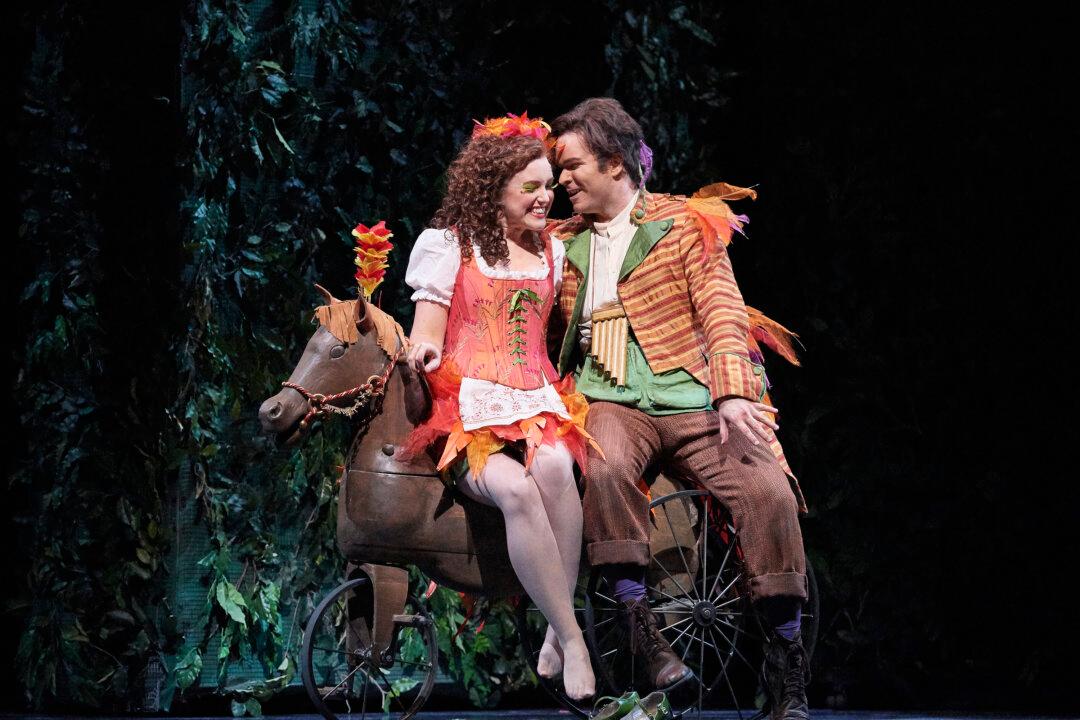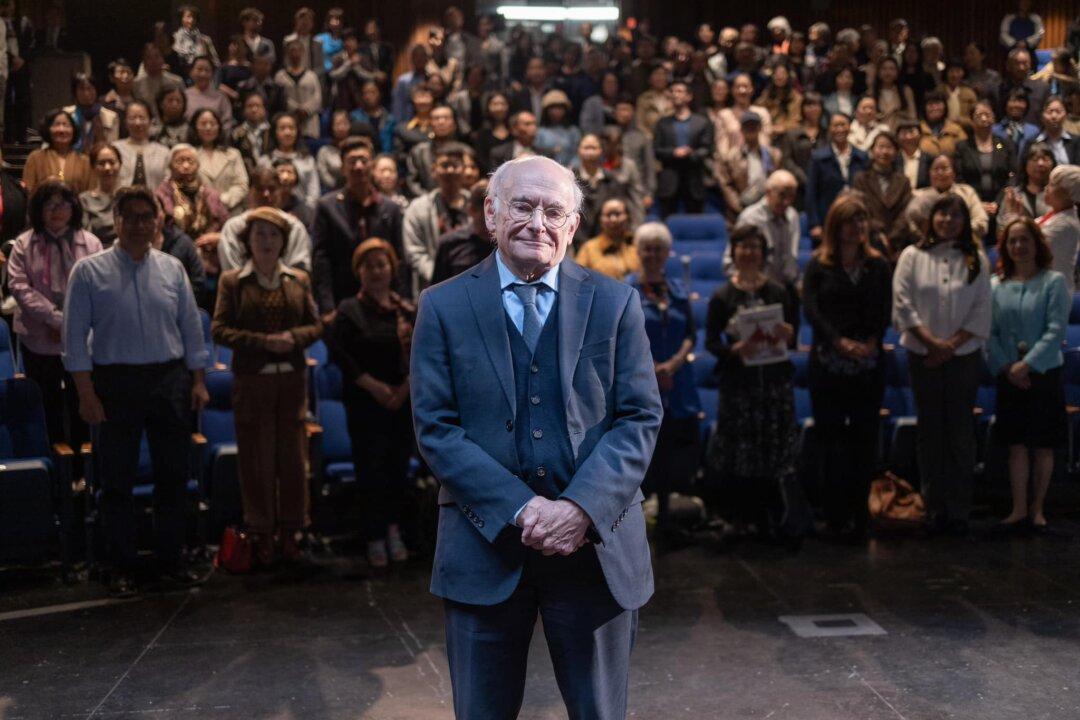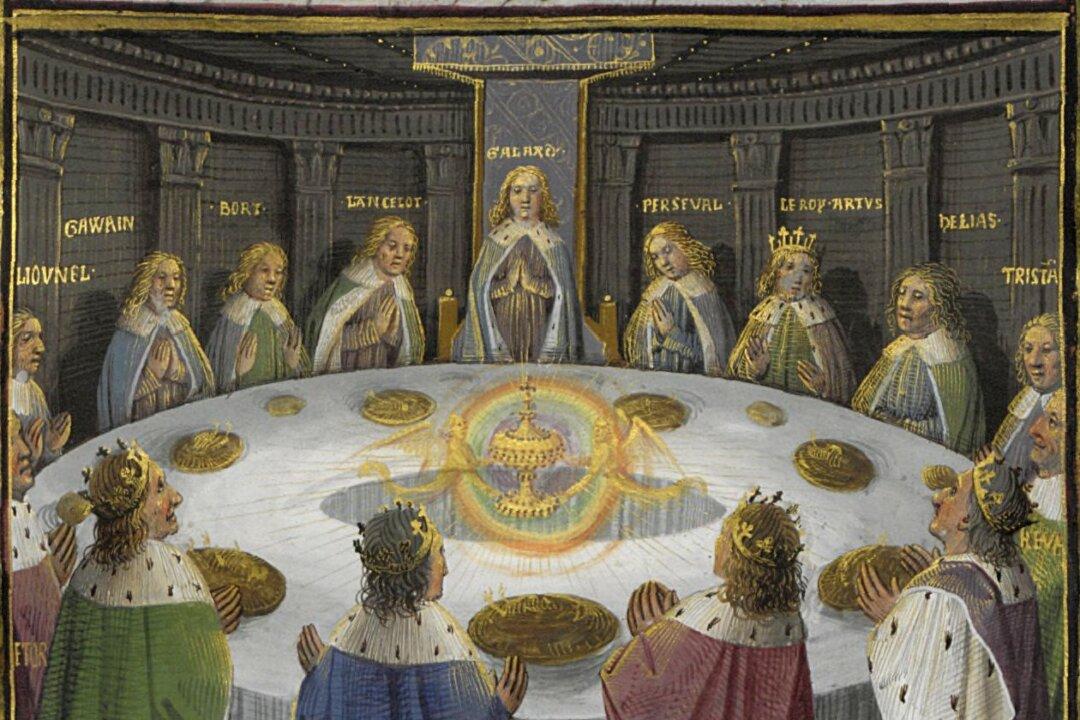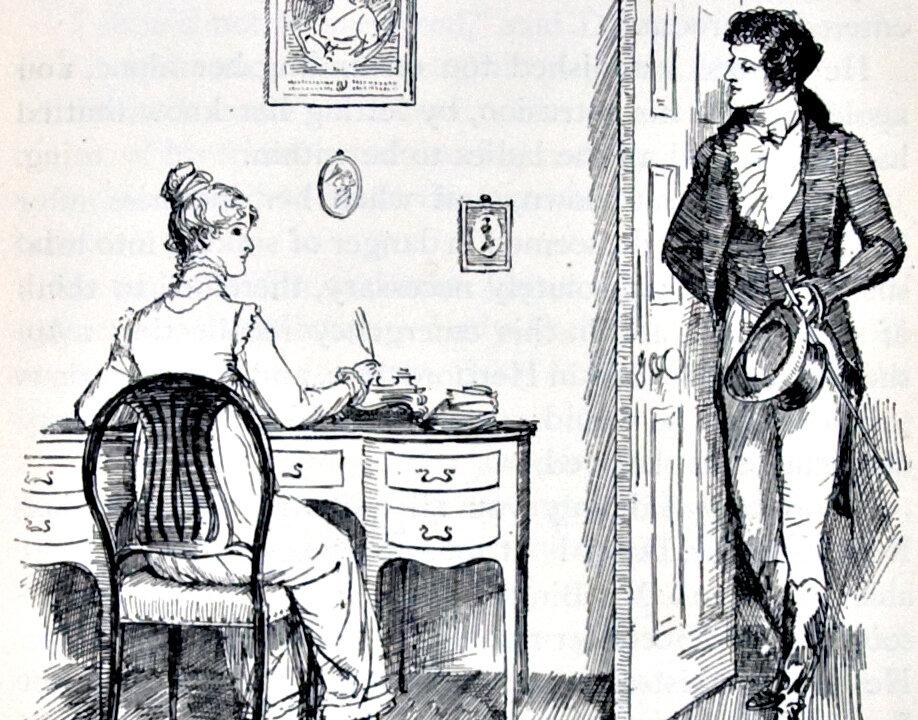TORONTO—Mozart’s “The Magic Flute” is one of those rare operas that appeals to all ages—children and adults alike. It’s an opera with unforgettable tunes, memorable characters, and a fascinating plot that goes to the heart of the human journey—the search for self-betterment.
“Mozart is in my opinion the master of opera in the sense that he is intuitive, he’s dramatic, he can have tears one moment and laughter another,” says Canadian soprano Jacqueline Woodley, who is performing in the Canadian Opera Company’s (COC) production of “The Magic Flute ” this winter.
“The music can be so elegant and so simple and yet other times full of fireworks, like the ‘Queen of the Night’ aria. I think this opera really does have all of those elements, which makes for a well-rounded evening of music,” she says.
This season, Woodley is returning to the colourful role of Papagena, the true love the earthy Papageno has been looking for throughout the opera.






